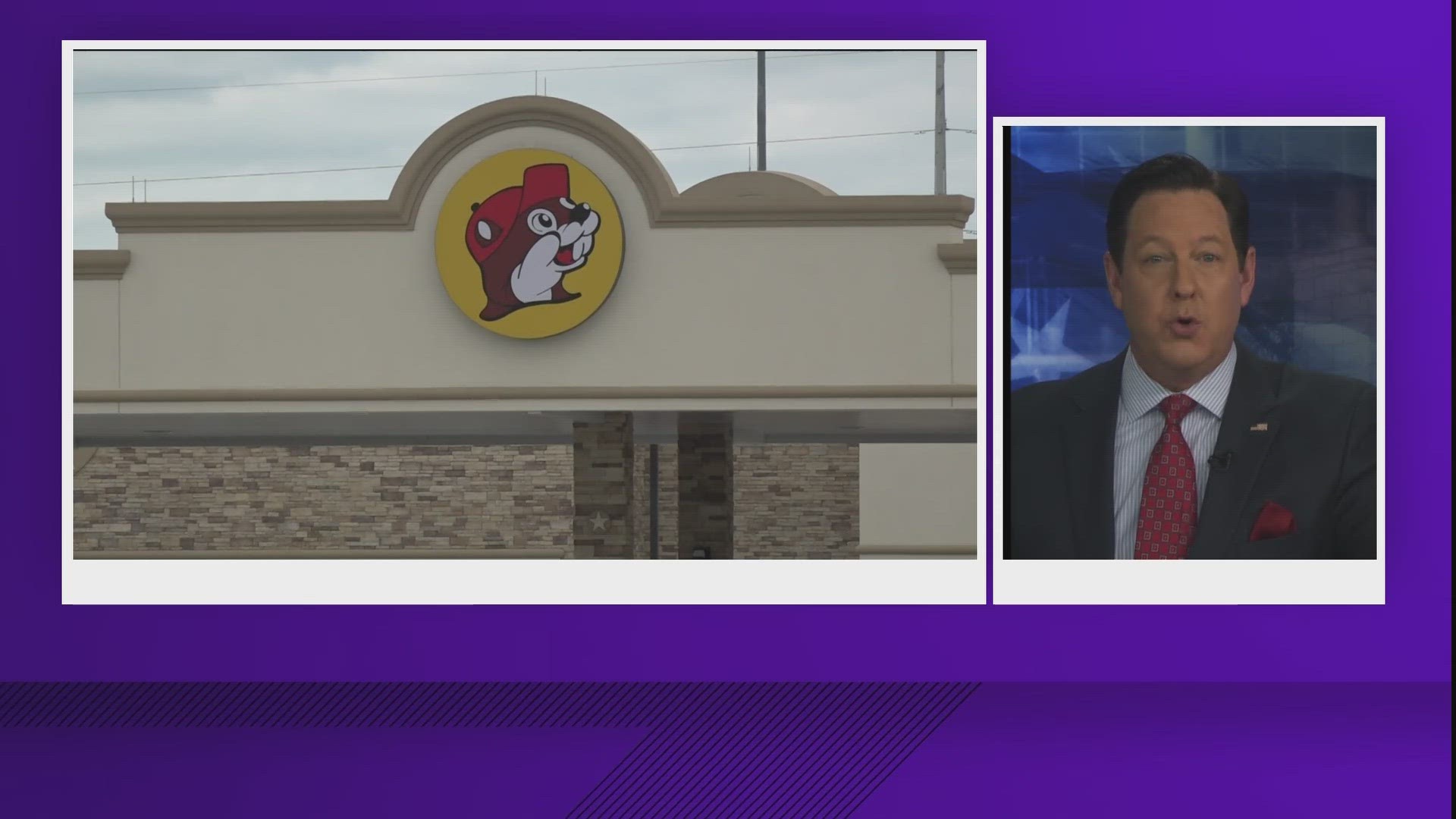TEMPLE, Texas — One of the most important aspects of finding your path to financial freedom, or at least stability, is to create a nest egg savings account that you can pull from in case of emergencies.
"An emergency fund cushions against surprise financial setbacks," said Margarette Burnette with Nerdwallet, who touts an emergency fund calculator that's easy to understand and implement.
Lourdes Zuniga, the Executive Director of Financial Health Pathways of Austin, said Texas ranks 43rd in financial literacy and would like to see that change.
"They say $400 is what you should have but I think it really depends on how much money you make, I mean the more money you make the more assets you have, right?" she said when asked how much money people should have in savings at any given time.
Zuniga did say that for some, that amount of money may not be an attainable goal and advised those, especially in low income situations, to have what makes them feel comfortable.
America Saves, a campaign managed by the nonprofit Consumer Federation of America, gave 54 different saving tips to help consumers get ahead, a few of them are as follows:
- An emergency fund is a must. While many places will tell you to have three times your income, America Saves recommends $500, a little more than Zuniga recommended but more doable.
- Establish your budget. Not all budgets are the same and so it's important to know what you bring in. Tracking your spending and being in touch with every aspect is crucial.
- Envelope Budgeting System. If you have trouble with overspending, try the envelope budget system where you use a set amount of cash for most spending. And once the cash is gone, it's gone.
- Short-term goals really do work. The truth is, people save more successfully when they set a short-term goal. For instance, committing to saving $20 a week or a month for 6 months is much more attainable that setting a goal to save $500 a month for a year.
Zuniga said the trouble people get into when trying to save money is pretty simple as bad habits are hard to get out of and overspending and impulse buying really do hamper progress.
"Having an understanding of how that works and being able to pause and say I'm not going to buy this, I know it's in front of me, but I'm not going to buy it because I'm going to save this, I think when you realize you can do that, a lot can happen for you," she said when asked about impulse buying.
As we find ourselves in the middle of inflation that's soared over the months, saving is still possible, even as it costs more to live day to day. RetalMeNot, a coupon and savings website, shared a list of tips consumers can follow to protect their wallet and save some money:
- Consider holding off on big purchases for now such as electronics, a new car, or furniture – all of which are most affected by rising costs.
- Take advantage of promo codes and coupons, which are the low-hanging fruit of the discount world
- Reward programs and cash back offers from retailers and credit cards will get you more bang for your buck.
- Check retailer's weekly ads and company websites, which have been big on offering discounts and BOGO offer to lure in shoppers. Some require you to simply sign up for email or text message alerts to acquire up to 10% or more off of your orders.
To start, opening and maintaining a savings account is a good place to start, Zuniga said. While it won't yield a high return, it's a safe way to store money.
"Most people don't know this but when you open a savings account, the goal is to save, not take money out of it," Zuniga said, adding you can be penalized for doing so. "Open a savings account and put, even if it's just, five dollars or two dollars, just make an effort to put something in it weekly or monthly, whatever works best for you."



